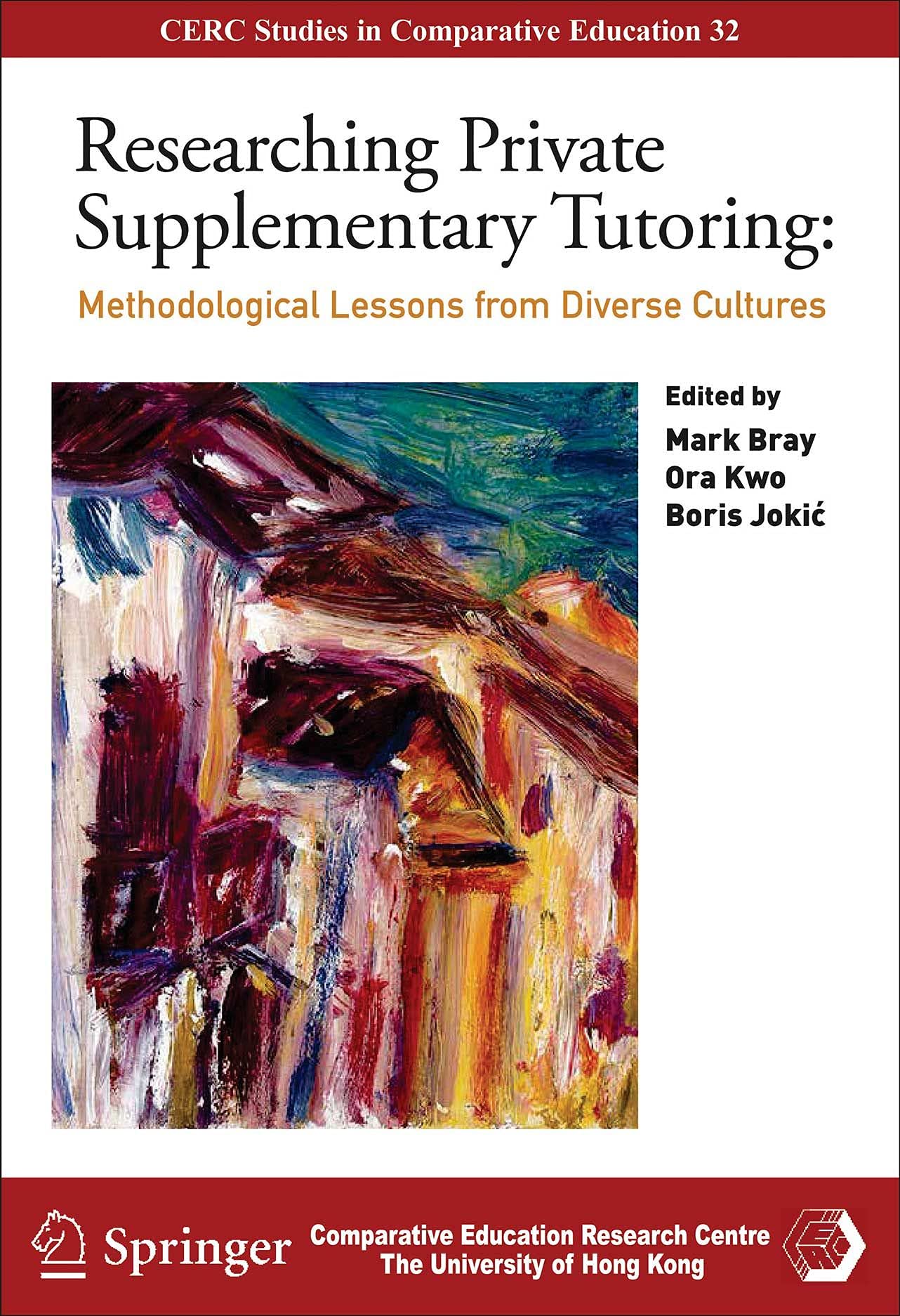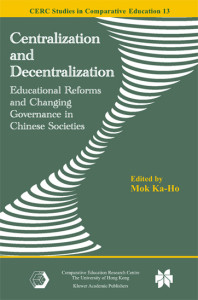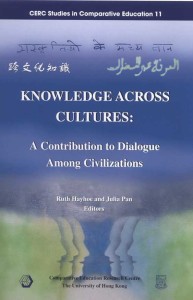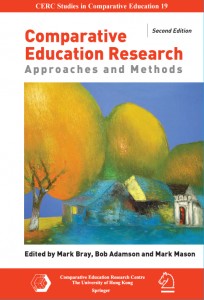Description
Private supplementary tutoring, widely known as shadow education because of the way that it mimics mainstream schooling, has greatly expanded worldwide. It consumes considerable family resources, provides employment for tutors, occupies the time of students, and has a backwash on regular schools.
Although such tutoring has become a major industry and a daily activity for students, tutors and families, the research literature has been slow to catch up with the phenomenon. The topic is in some respects difficult to research, precisely because it is shadowy. Contours are indistinct, and the actors may hesitate to share their experiences and perspectives.
Presenting methodological lessons from diverse cultures, the book contains chapters from both high-income and low-income settings in Asia, Caribbean, Europe and the Middle East. Sepa-rately and together, the chapters present valuable insights into the design and conduct of re-search. The book will assist both consumers and producers of research. Consumers will become better judges of the strengths, weaknesses and orientations of literature on the theme; and pro-ducers will gain insights for design of instruments, collection of data, and interpretation of findings.
The editors:
Mark Bray is UNESCO Chair Professor in Comparative Education at the University of Hong Kong.
Ora Kwo is an Associate Professor in the Comparative Education Research Centre at the University of Hong Kong.
Boris Jokić is a Scientific Associate in the Centre for Educational Re-search and Development at the Institute for Social Research in Zagreb, Croatia.
Chapters and authors:
Introduction
Mark BRAY, Ora KWO & Boris JOKIĆ
Employing Quantitative Instruments
1 Shadow Education Research through TIMSS and PIRLS: Experiences and Lessons in the Republic of Georgia
– Magda Nutsa KOBAKHIDZE
2 Research on Private Tutoring in Malaysia: Methodological Insights from a Quantitative Study
– Husaina Banu KENAYATHULLA
3 Relationships between Shadow Education and Examination Scores: Methodological Lessons from a Chinese Study in
Senior Secondary Schools
– Yu ZHANG
Discerning Qualities
4 A Qualitative Comparison of Private Tutoring in Azerbaijan, Bosnia & Herzegovina, Croatia, Estonia and
Georgia: Lessons from Design and Implementation
– Boris JOKIĆ
5 Ethical Dilemmas in Shadow Education Research: Lessons from a Qualitative Study of Learners’ Experiences in
Lecture-‐‑type Tutoring in Hong Kong
– Kevin W.H. YUNG
6 Classroom Practices and Private Tuition in the Maldives: Methodological Reflections on an Ethnographic Study
– Maryam MARIYA
7 Researching Shadow Education in Iran: Methodological Experiences in an Islamic Republic
– Abbas MADANDAR ARANI
Expanding Perspectives with Mixed Approaches
8 Designing and Implementing Mixed Approaches to Shadow Education Research: Experiences and Lessons in
Hong Kong
– Mark BRAY & Ora KWO
9 Constraints and Possibilities in Small-‐‑Scale Research: A Mixed-‐‑Methods Study in West Bengal, India
– Sulata MAHESHWARI
10 A Mixed-‐‑Methods Study of Extra Lessons in Jamaica: Methodological Experiences and Reflections
– Saran STEWART
11 Researching Private Supplementary Tutoring in Cambodia: Contexts, Instruments and Approaches
– Mark BRAY, Wei ZHANG, Magda Nutsa KOBAKHIDZE & Junyan LIU
Learning and Comparing
12 How a Research Instrument Changed in Different Settings: Methodological Lessons from Adaptation and Adjustment
– Junyan LIU
13 Organisational and Cross-‐‑Cultural Issues: Learning from Research Approaches
– Mark BRAY & Ora KWO

















